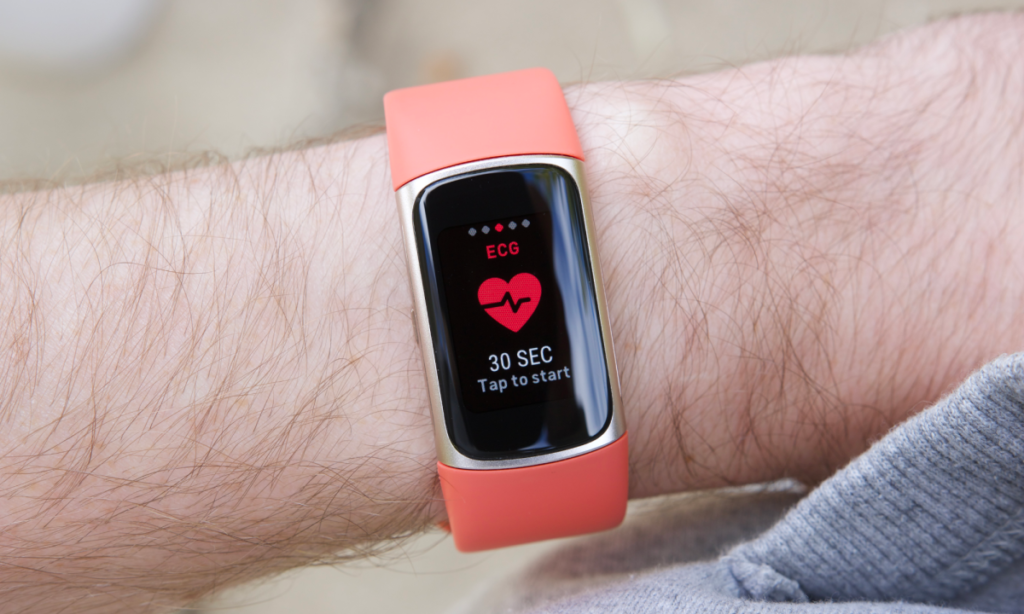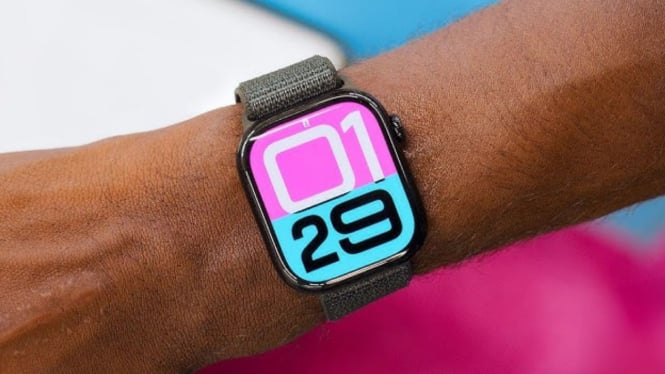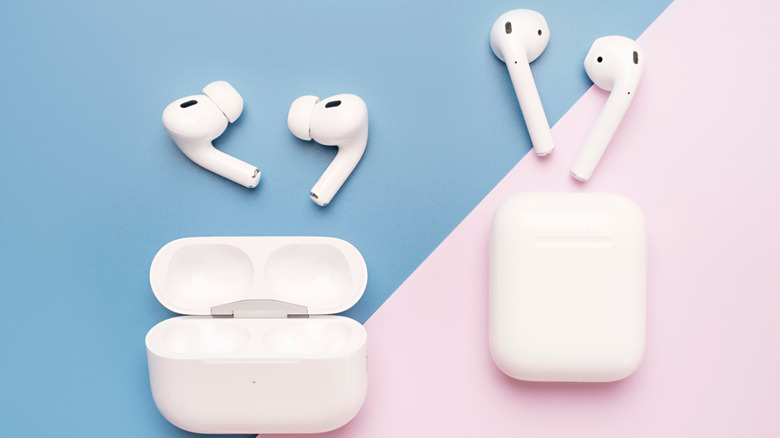In today’s fast-paced world, a fitness tracker and health monitoring smartwatch have become essential tools for anyone serious about managing their health. These wearable devices do much more than just tell time—they empower users to monitor vital signs, track physical activity, and even detect potential health risks before symptoms arise. As technology advances, smartwatches are reshaping how we approach personal wellness and fitness.
The Evolution of Smartwatches in Health Monitoring
Smartwatches initially gained popularity as extensions of smartphones, providing notifications and apps on the wrist. However, the health tracking capabilities in these devices have rapidly evolved. Today’s health monitoring smartwatches are sophisticated gadgets equipped with sensors that can measure heart rate, blood oxygen saturation (SpO₂), sleep quality, and more. This evolution allows users to gain unprecedented insight into their overall health without frequent visits to a doctor.
Key Features of Modern Health Monitoring Smartwatches
Modern fitness trackers offer an impressive suite of health-related features that cater to diverse wellness needs:
- Heart Rate Monitoring: Continuous and real-time heart rate tracking helps users monitor cardiovascular health and detect anomalies such as arrhythmias.
- Sleep Analysis: By tracking sleep cycles, smartwatches provide valuable data on sleep duration and quality, assisting users in improving rest habits.
- Step Counting & Activity Tracking: Encourages users to meet daily movement goals, promoting a more active lifestyle.
- SpO₂ Monitoring: Measures blood oxygen levels to help detect respiratory or circulatory issues.
- ECG Functionality: Some devices can perform electrocardiograms, enabling early detection of conditions like atrial fibrillation.
- Stress & Recovery Tracking: Using heart rate variability, these devices can assess stress levels and guide relaxation techniques.
These features transform smartwatches from simple gadgets to essential health companions.
Top Fitness Trackers in 2025

Here’s a snapshot of some of the leading smartwatches that combine style, comfort, and advanced health monitoring:
| Model | Key Features | Price Range |
|---|---|---|
| Apple Watch Series 10 | ECG, SpO₂, sleep tracking, fitness coaching, iOS integration | $399 |
| Samsung Galaxy Watch 7 | Heart rate, sleep, blood pressure monitoring, Wear OS | $349 |
| Fitbit Sense 3 | Stress management, skin temperature sensor, ECG | $229 |
| Garmin Venu 3 | Advanced fitness metrics, GPS, long battery life | $299 |
For detailed reviews, visit TechRadar’s Best Smartwatches.
Benefits of Using a Fitness Tracker
Using a fitness tracker brings numerous health benefits:
1. Enhanced Health Awareness
Real-time access to health data helps users understand their body better and make informed lifestyle changes.
2. Motivation to Stay Active
Tracking daily steps and calories burned encourages regular physical activity and helps set realistic goals.
3. Early Detection of Health Issues
Monitoring heart rate, oxygen levels, and sleep patterns can alert users to potential problems that require medical attention.
4. Improved Sleep Quality
Sleep tracking helps identify disruptions, allowing users to adjust habits for better rest and recovery.
5. Stress Management
Tracking heart rate variability and stress indicators assists users in managing mental health effectively.
Choosing the Right Health Monitoring Smartwatch
When selecting a smartwatch for health purposes, consider the following factors:
- Compatibility: Make sure the device syncs well with your smartphone’s operating system (iOS or Android).
- Sensor Accuracy: Reliable sensors provide accurate health data, which is crucial for meaningful insights.
- Battery Life: Longer battery life ensures uninterrupted health tracking, especially for sleep and continuous heart rate monitoring.
- Comfort and Design: A comfortable fit increases wear time and therefore data accuracy.
- App Ecosystem: Look for a smartwatch with a user-friendly app offering detailed analytics and personalized recommendations.
For more buying advice, check Consumer Reports’ Smartwatch Guide.
Have you tried using a fitness tracker or health monitoring smartwatch recently? We’d love to hear your experience! Whether it helped you stay active, improved your sleep, or simply made you more aware of your health habits — share your story in the comments below and let’s inspire each other on this journey toward better wellness.
Emerging Trends and The Future of Smartwatch Health Tracking
The future of health monitoring smartwatches is exciting and full of potential. Upcoming advancements may include:
- Integration with Healthcare Systems: Seamless sharing of data with healthcare providers for remote monitoring and personalized care.
- More Advanced Biometrics: Measuring glucose levels non-invasively, hormone tracking, and advanced hydration monitoring.
- AI-Driven Insights: Smarter AI algorithms will provide more accurate predictions and customized wellness advice.
- Enhanced Durability and Battery Technology: Longer-lasting devices with improved materials for everyday wear and extreme conditions.
How Smartwatches Enhance Your Health Journey

Integrating a fitness tracker or health monitoring smartwatch into your daily life offers a powerful tool to enhance your health journey. From motivating you to stay active to providing early warnings about health concerns, these devices foster greater self-awareness and proactive wellness management. With continuous improvements in technology and healthcare integration, smartwatches are set to become even more indispensable in 2025 and beyond.
FAQ — Health Monitoring Smartwatches & Fitness Trackers
What health metrics can modern smartwatches track?
Today’s smartwatches measure heart rate, sleep patterns, blood oxygen levels (SpO₂), stress, and even perform ECG scans.
They offer continuous, real-time insights into vital signs to help users monitor their health daily. This makes them valuable tools for both prevention and wellness management.
What should I consider when buying a health monitoring smartwatch?
Look at device compatibility (iOS or Android), sensor accuracy, battery life, comfort, and app usability.
A reliable smartwatch should offer detailed analytics, personalized feedback, and consistent performance over time.
How do fitness trackers improve motivation?
By tracking progress in real time—like daily steps, active minutes, and goals—these devices keep users engaged.
Visualizing achievements encourages consistency and helps form long-term healthy habits.
Will smartwatches replace traditional medical checkups?
No, they’re not replacements but powerful supplements. Smartwatches provide ongoing data between checkups, offering insights for doctors.
They empower users with daily awareness, but regular medical evaluations are still essential for comprehensive care.














4 Comments
I use an iPhone smartwatch and I am very happy with it.
This is a very nice article, good job
Thanks for your comment. We are working to be better…
There are those with different opinions. Some prefer Samsung, some prefer iPhone and some prefer Xiaomi.